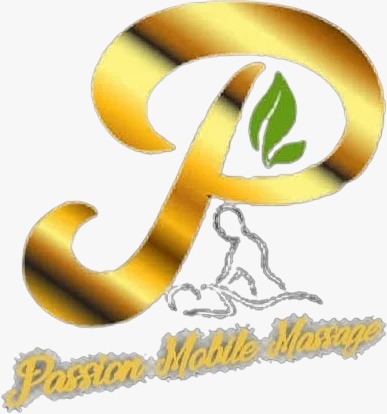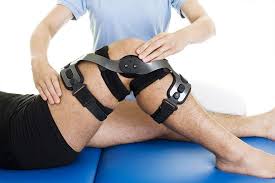Introduction
Injury recovery can be a challenging and frustrating process, whether you’re an athlete, a fitness enthusiast, or someone dealing with an accident-related injury. While conventional medical treatments such as physical therapy and medications play a critical role, massage therapy has emerged as an effective complementary treatment for injury rehabilitation.
At Passion Mobile Massage, we understand the significance of personalized massage treatments in facilitating healing and enhancing mobility. In this article, we explore how massage therapy aids in injury recovery, the types of massage techniques used, and the long-term benefits of incorporating massage into your rehabilitation routine.
Understanding Injury Recovery and Rehabilitation
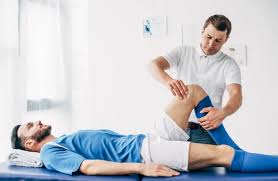
The human body has a remarkable ability to heal itself, but the recovery process can be slow and, at times, painful. Rehabilitation often involves a combination of rest, physical therapy, and pain management. However, massage therapy offers a holistic approach that not only accelerates healing but also improves overall well-being. Here’s how:
Increases blood circulation – Enhances the delivery of oxygen and nutrients to damaged tissues.
Reduces inflammation – Helps remove toxins and metabolic waste from injury sites.
Relieves muscle tension – Prevents stiffness and enhances flexibility.
Alleviates pain – Triggers the release of endorphins, the body’s natural painkillers.
Restores mobility – Breaks down scar tissue and adhesions that can restrict movement.
By integrating massage therapy into your rehabilitation plan, you can experience faster recovery and improved functionality.
Types of Massage for Injury Recovery
Different massage techniques serve various healing purposes. Depending on the type and severity of your injury, a skilled massage therapist will tailor the treatment to address your specific needs. Here are some of the most effective massage therapies used for injury rehabilitation:
1. Deep Tissue Massage

This technique targets deeper layers of muscle and connective tissue to release chronic tension. It is particularly beneficial for:
Chronic muscle injuries
Post-surgical recovery
Sports-related strains and sprains
2. Swedish Massage

A gentler approach, Swedish massage uses long, flowing strokes to improve circulation and relax muscles. It is ideal for:
Reducing overall tension
Enhancing blood flow for healing
Relieving mild injuries and soreness
3. Sports Massage
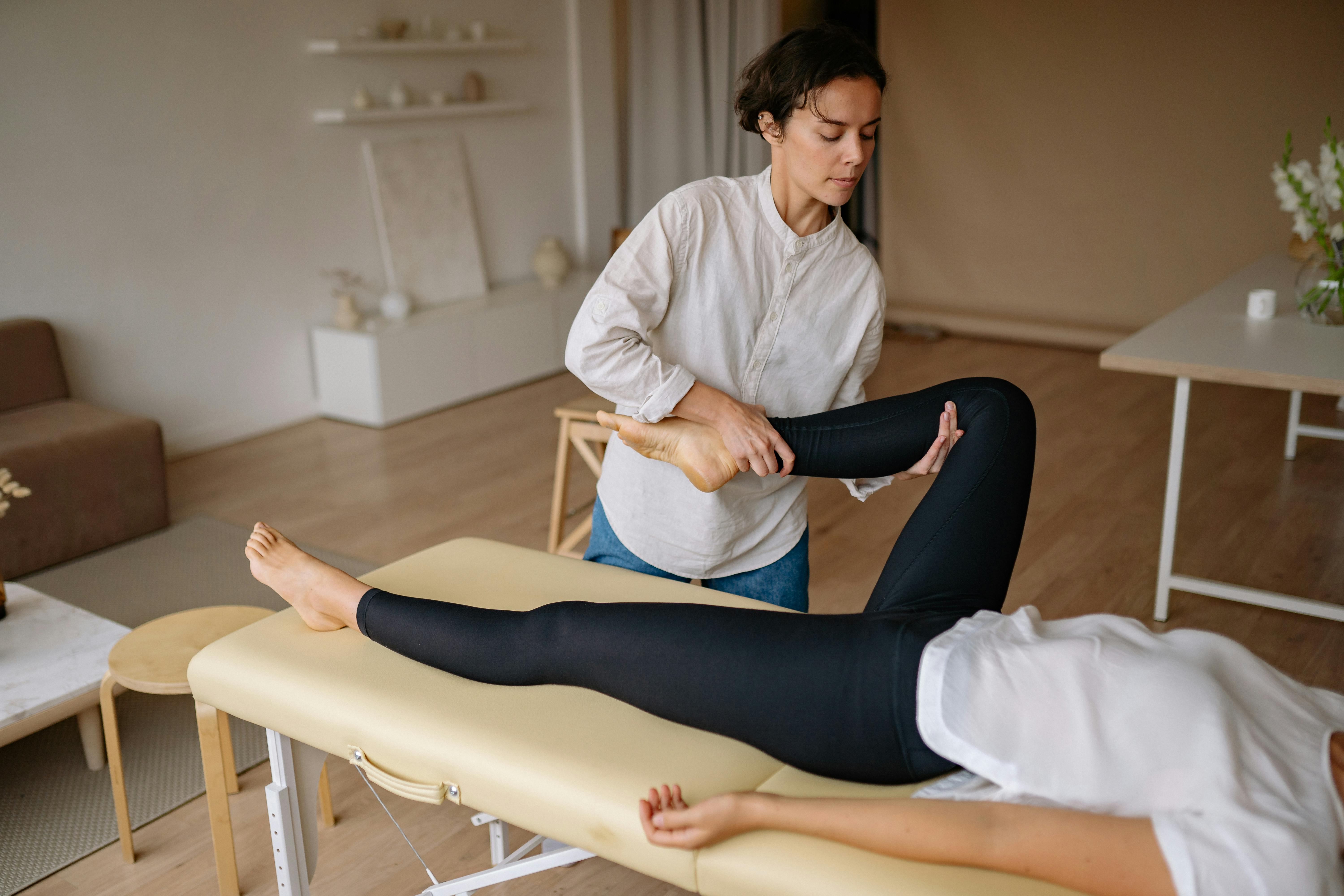
Designed specifically for athletes, sports massage combines deep tissue techniques and stretching to:
Improve range of motion
Prevent future injuries
Speed up muscle recovery
4. Trigger Point Therapy
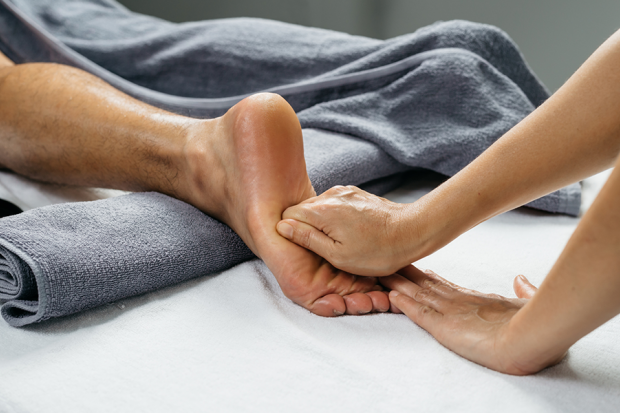
This technique focuses on releasing muscle knots (trigger points) that cause pain and restrict movement. It is particularly helpful for:
Chronic pain conditions
Tension headaches caused by injury
Myofascial pain syndrome
5. Myofascial Release

By targeting the fascia, the connective tissue surrounding muscles, this therapy helps:
Improve flexibility
Break down adhesions
Reduce stiffness post-injury
Each of these techniques can be customized based on your injury type and healing stage.
How Massage Enhances Recovery
Massage therapy contributes to injury recovery in several ways. Below are some key benefits:
1. Speeds Up Healing
By improving circulation, massage ensures that damaged tissues receive adequate oxygen and nutrients, which accelerates cell regeneration and healing.
2. Reduces Pain and Inflammation
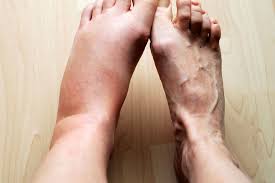
Massage triggers the release of endorphins, which act as natural pain relievers. It also helps drain excess fluids and toxins that cause inflammation.
3. Prevents Scar Tissue Formation
Post-injury, the body may form scar tissue, which can lead to stiffness and reduced mobility. Massage therapy helps break down scar tissue, promoting better movement.
4. Restores Mobility and Flexibility
Tight muscles and connective tissues can limit movement after an injury. Massage helps release tightness and restores flexibility, ensuring better functionality.
5. Reduces Stress and Promotes Relaxation

Injury recovery can be mentally and emotionally draining. Massage not only addresses physical discomfort but also calms the nervous system, reducing stress and anxiety.
When to Start Massage Therapy After an Injury
Timing is crucial when incorporating massage into your rehabilitation plan. Here’s what you need to consider:
Acute Injuries: If you’ve recently suffered an injury (within 48 hours), it’s best to avoid deep massage and focus on gentle techniques like lymphatic drainage to reduce swelling.
Sub-Acute Phase (2-4 weeks post-injury): During this stage, light to moderate pressure massage can help with circulation and flexibility.
Chronic Injuries & Post-Rehabilitation: If your injury is older or you’ve completed initial rehabilitation, deeper massage techniques like deep tissue or myofascial release can further aid recovery and prevent recurrence.
Always consult with a healthcare professional or a licensed massage therapist before starting any treatment.
Choosing the Right Massage Therapist
When seeking massage therapy for injury recovery, it’s essential to choose a professional with experience in rehabilitation techniques. Here’s what to look for:
Certification & Experience: Ensure the therapist is licensed and has experience with injury-related treatments.
Custom Treatment Plans: A skilled therapist will assess your condition and customize sessions to meet your specific needs.
Convenience & Accessibility: If mobility is a concern, mobile massage services like Passion Mobile Massage bring expert care to your home, ensuring comfort and consistency in treatment.
Conclusion
Massage therapy is a powerful tool in injury recovery and rehabilitation. Whether you’re dealing with a sports injury, post-surgical pain, or chronic muscle tension, the right massage techniques can accelerate healing, reduce pain, and restore mobility.
At Passion Mobile Massage, we specialize in therapeutic massage for injury recovery, offering personalized treatments to help you regain strength and flexibility. Contact us today to book a session and take the next step toward a pain-free recovery!
